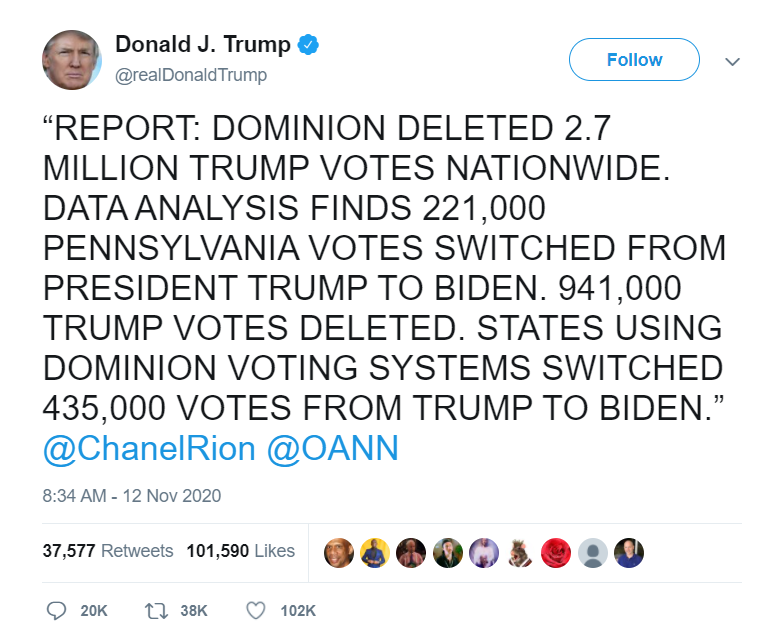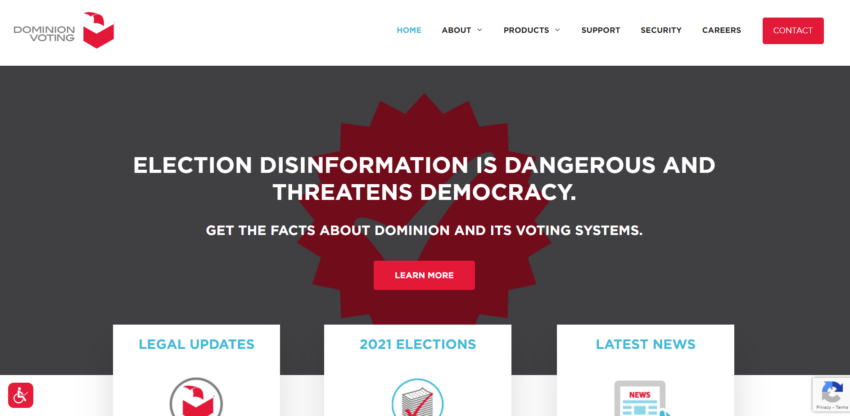Blockchain voting is a good thing to aim for when it comes to future elections. After multiple voting machine scandals across the world, blockchain voting could mean fairer voting and less gross campaigning.
A Japanese startup company just received a development grant to build a blockchain-based electronic voting system with embedded user ID. Hopefully, this means that voting machine scandals à la Trump will be a thing of the past.
This week, PHI Inc. in Japan was awarded the `Free and Open Grant’ by the Concordium Foundation. The grant money is to be put towards the development of an innovative electronic open voting project. Named GoVote, it will run on the Concordium blockchain.
The PHI team’s voting system wasn’t initially designed for elections. It was designed for casting votes through a Decentralized Autonomous Organization (DAO). This is in preparation for the Web3 era. GoVote can be used for general meetings of shareholders and other online communities and gatherings where a vote needs to be cast. But now, everyone sees the bigger picture – blockchain voting can stop voting scandals in national elections. And we don’t even have to leave our homes to vote.
The world is no stranger to the idea of electronic voting. Voting machines have been in the works for decades. However, most adventures with these machines have led to controversies that sealed their doom.
Embarrassing Voting Machine Adventures
As for the most embarrassing voting machine adventure, Ireland must be given an NFT trophy for its effort in 2002.
The Irish government spent $61m on e-voting machines. The promise was that electronic voting and electronic counting would save time and money. Alas. It was an embarrassing fiasco that seems wildly laughable even today.
The main problem with these machines was that they were easily tampered with. And they couldn’t produce a printout about the votes placed using them. This meant that votes could not be double-checked.
By the time a decision was made in 2009 to scrap the machines, Ireland had spent over $4m on storage. In the end, the 7,500 machines were picked up and recycled for scrap metals, for around $11 each. Cringe.
Trump’s Voting Machine Gripes
Nobody holds elections like the U.S. It is a circus of epic proportions, and the voting machine saga was just one part of it. A voting machine scandal became apparent during the last elections. Outgoing President Donald Trump criticized the use of the electronic voting system. He claimed that it cost him millions of votes.

The machines were provided by Dominion Voting Systems. Multiple stories ran, detailing how owners of the voting machine company had ties to Trump’s political opponents. And, that votes for Trump were deleted due to hidden software coding. Or, that the votes for Trump were flipped so they registered as Biden votes. There were voter identity issues and other claims.

We will probably never know the true story behind the Dominion voting machines. However, the most obvious problem needing to be solved is that of authenticity. Any type of electronic voting system must be able to verify identity in a secure way, but that process needs to protect the voter’s privacy. This is blockchain’s unique selling point.
Blockchain Voting
PHI is working with the Concordium blockchain – specialists in identity management. This is to provide vote anonymity, and tamper-resistant voting results. Concordium, based in Switzerland, is a Web 3.0-based, sustainable and science-proven blockchain. It is the first decentralized blockchain with identification at the protocol level. This identity layer offers transactional privacy, while also supporting regulatory accountability.
Lone Fønss Schrøder is the CEO of Concordium. She says online voting has long been talked about and is gaining momentum, especially in the post-COVID era. “While the technology has been available for quite some time, concern is still rampant about the permeability and vulnerability of these systems. Using blockchain to overcome some of the challenges, is yet another use case for this technology.”
Takashi Oka is the Co-founder of PHI. He says PHI is the first team in Japan to receive a grant from the Concordium Foundation. “The PHI team will be a bridge between Web2.0 and Web3.0, which will greatly contribute to the development of the blockchain space. Behind the slow progress in the use of public blockchain by companies and public cases, there is a very high hurdle to meet the regulatory requirements such as AML/CFT. On Concordium, it is possible to develop applications/services that solve this problem by utilizing the ID function to achieve both identity verification and privacy.”
While the blockchain voting system seems to show signs of a bright future, we still don’t have any decent politicians on the horizon. Is there a dApp for that?
Got something to say about blockchain voting or anything else? Write to us or join the discussion in our Telegram channel.
Disclaimer
Following the Trust Project guidelines, this feature article presents opinions and perspectives from industry experts or individuals. BeInCrypto is dedicated to transparent reporting, but the views expressed in this article do not necessarily reflect those of BeInCrypto or its staff. Readers should verify information independently and consult with a professional before making decisions based on this content. Please note that our Terms and Conditions, Privacy Policy, and Disclaimers have been updated.

